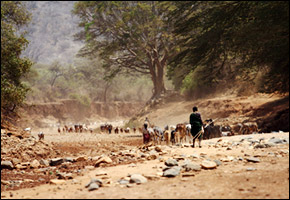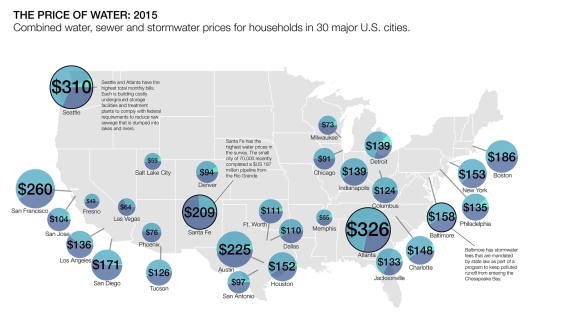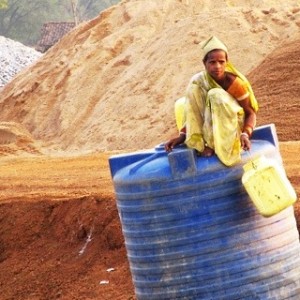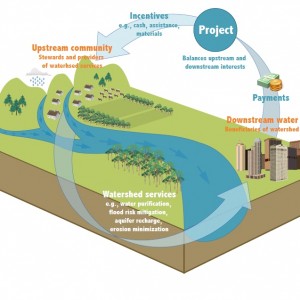The Stream, January 16: Droughts and Floods Pose Public Health Risks
Public Health
Floods linked to climate change, along with the increased trade of certain goods, have played an important role in the expansion of dengue fever-causing mosquitoes, AlertNet reported. Dengue is now the fastest-spreading tropical disease in the world, according to the World Health Organization (WHO).
Severe drought conditions in the United States last summer allowed for the spread of a toxic mold that can infect crops like corn, Scientific American reported. The mold is found every year, but it thrived in last year’s dry weather.
PLOS Blogs billed the extent of global food waste, detailed last week in a report from the Institution of Mechanical Engineers, as an “under-recognized public health problem.” The report found that 30 to 50 percent of the world’s food is never consumed due to loss and waste, which in turn wastes the resources like land and water that are used to produce it.
Water Supply
To save the shrinking Dead Sea, a new World Bank report suggests a possible pipeline project to transfer water from the Red Sea, Bloomberg News reported. The biggest risk, according to the study, would be seawater leaking from the pipeline and contaminating underground aquifers.
A Phoenix, Ariz., water treatment plant has just received a solar power upgrade, which could save the city $US 4 million over 20 years, Bloomberg News reported.
The Stream is a daily digest spotting global water trends. To get more water news, follow Circle of Blue on Twitter and sign up for our newsletter.
A news correspondent for Circle of Blue based out of Hawaii. She writes The Stream, Circle of Blue’s daily digest of international water news trends. Her interests include food security, ecology and the Great Lakes.
Contact Codi Kozacek










Leave a Reply
Want to join the discussion?Feel free to contribute!